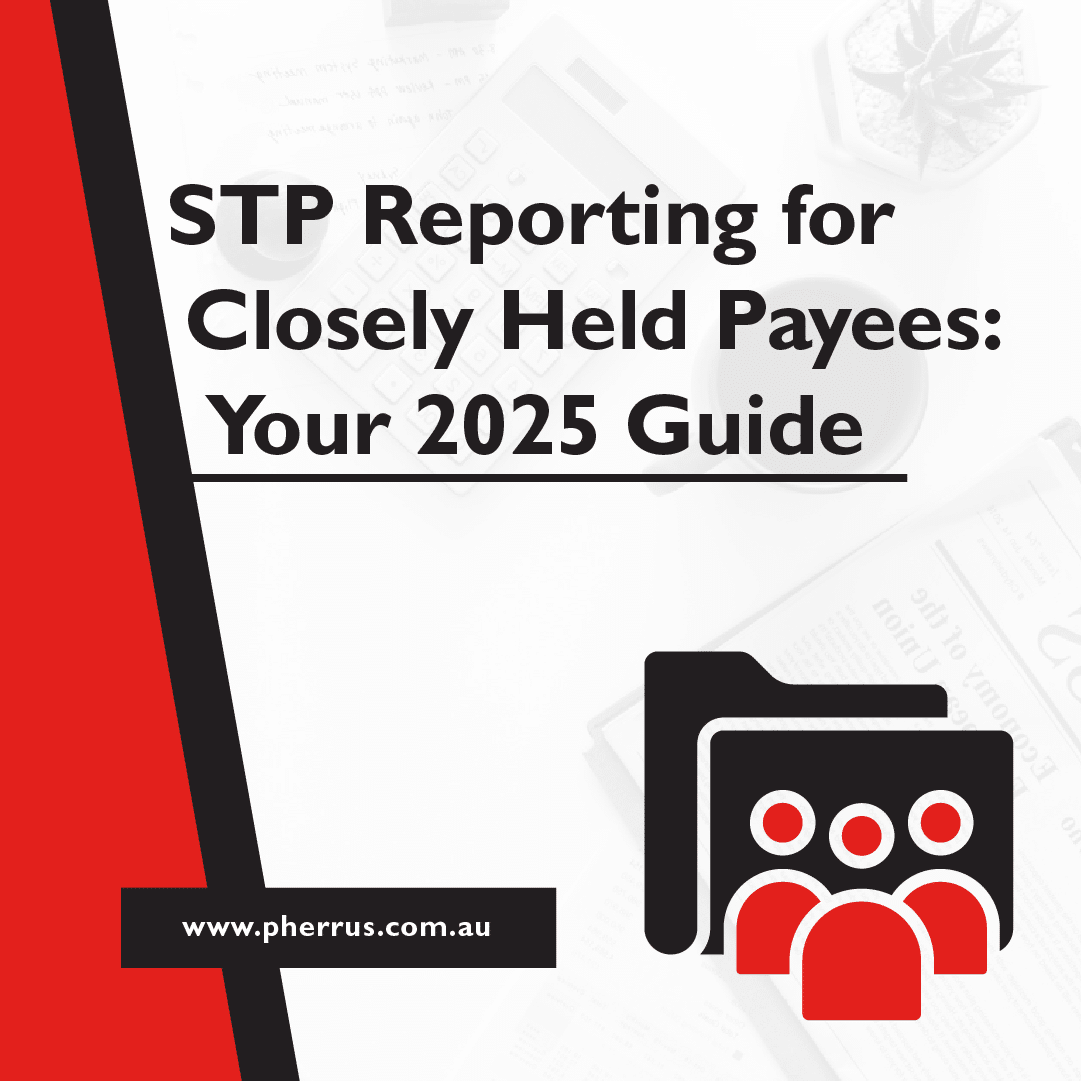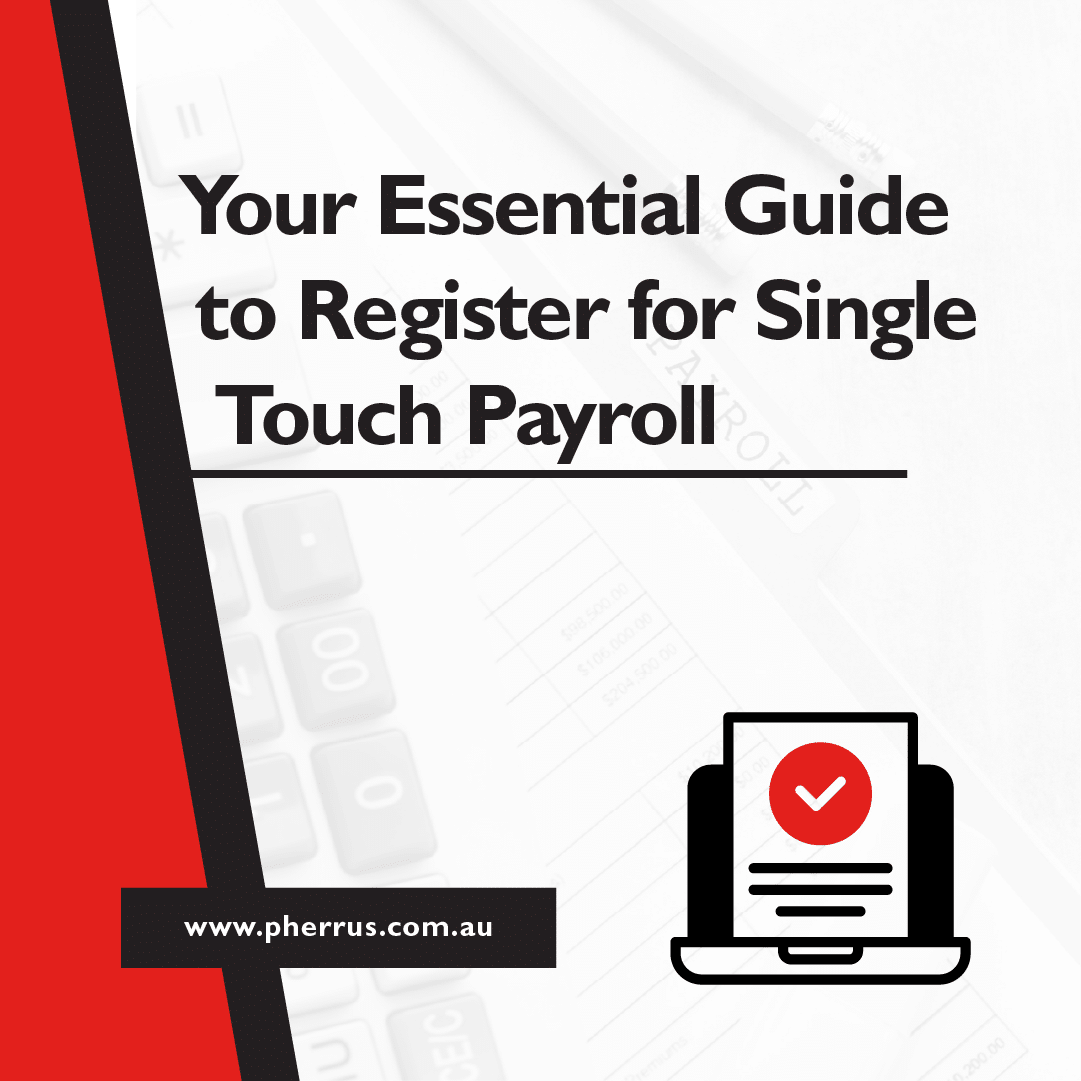Self-managed superannuation funds provide many people with the opportunity to not only acquire new assets but also to do it safely using a percentage of the money they put into the fund. However, managing a superannuation fund requires a lot of time and effort to succeed. It is important to realise that a significant amount of legal matters get discussed as such, and a lot of research is undertaken.
What are Self-Managed Super Funds and how do they work?
In simple terms, Self-Managed Superannuation Funds are government regulated superannuation funds that put an investor in control of all their investments. These funds are allowed to have up to four members who are regarded as trustees. These members are directly responsible for all the decisions that affect the fund.
The Self-Managed Superannuation Funds function as a legal structure that is regulated by the Australian Tax Office to provide for the investor’s retirement. In many ways, they function just like the other funds. However, the expenses required to keep the fund up and running are in most cases higher. It is important to have enough money saved up to take care of the fund and realise the profits in the long-term.
Some of the functions that members must carry out include :
- Choosing the investment strategy that governs the fund.
- Ensuring that the investments made adhere to the investment strategy.
- Conducting enough financial and legal research into the superannuation fund.
- Participation in budgetary meetings.
- Accounting for the funds that go into upkeep, which also includes conducting a tax audit.
All the trustees are personally liable for all the financial actions they choose. That said, it is always advisable to hire an advisor to help set up and advise on the main financial decisions that the fund needs to take.
Going the “do it yourself” way
A lot of leeway is allowed when choosing your investment strategy. That said, if the trustees are knowledgeable in certain aspects of business such as buying and selling of stocks, forex or term deposits, the trustees can choose to conduct these activities on their own as long as they maintain constant communication while sticking to one plan.
Are there any benefits that an investor is likely to lose?
While there are more pros to setting up a Self-Managed Superannuation Fund than there are cons, it is important to note that some of these funds usually offer discounted insurance. That means that once you have set up your fund, you are likely to purchase your insurance separately. For that matter, the trustees need to conduct thorough research into which insurance plans will suit them before settling for one in particular insurance. The main reason behind this is that if the insurance is acquired using the upkeep funds, it may cause logistical and financial constraints to the fund’s investment strategy. A good advisor comes into play when such matters are discussed.
Self-Managed Super Funds are the best way to acquire more wealth safely. Any investor that is prospecting should switch to these types of funds to enjoy the benefits that come with this mode of investment. Speak to Pherrus about how we can help with a Self-Managed Superannuation Fund.




